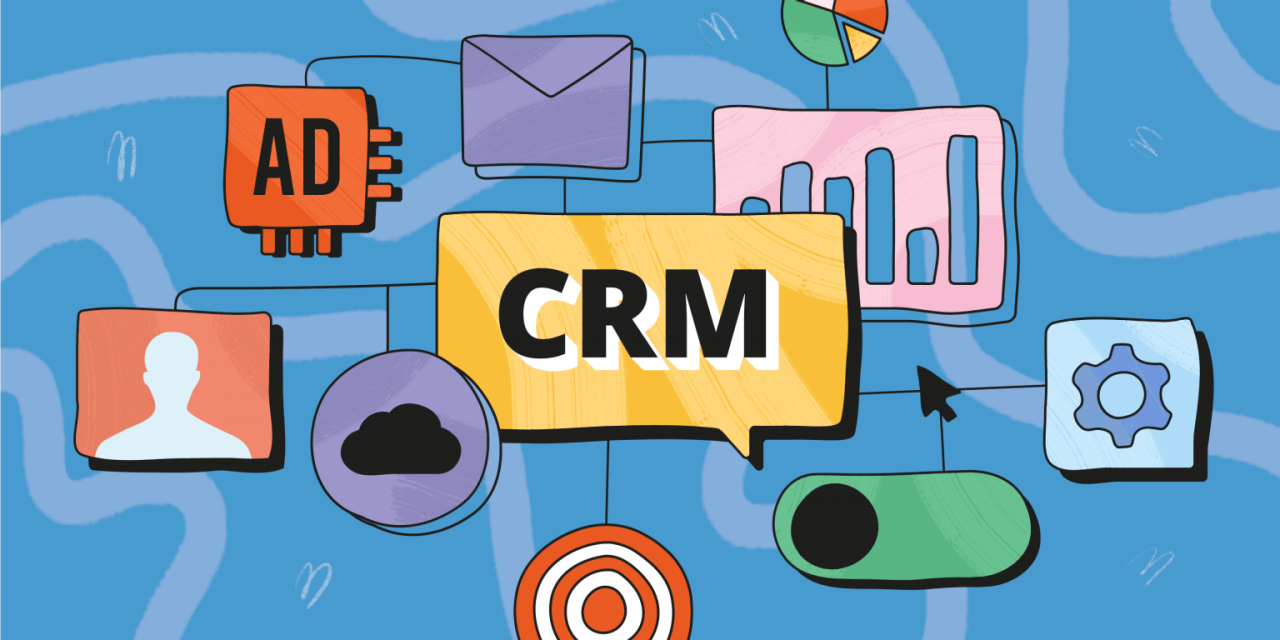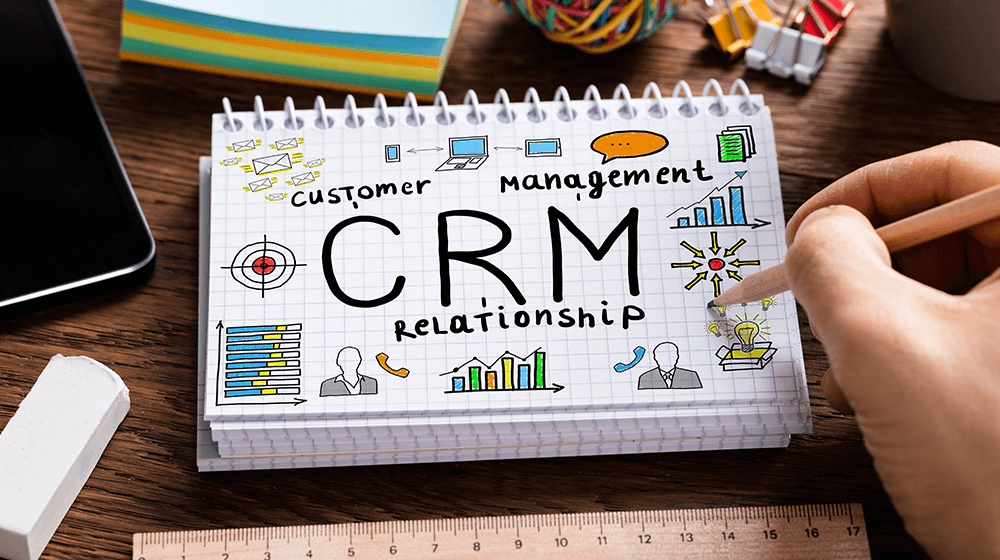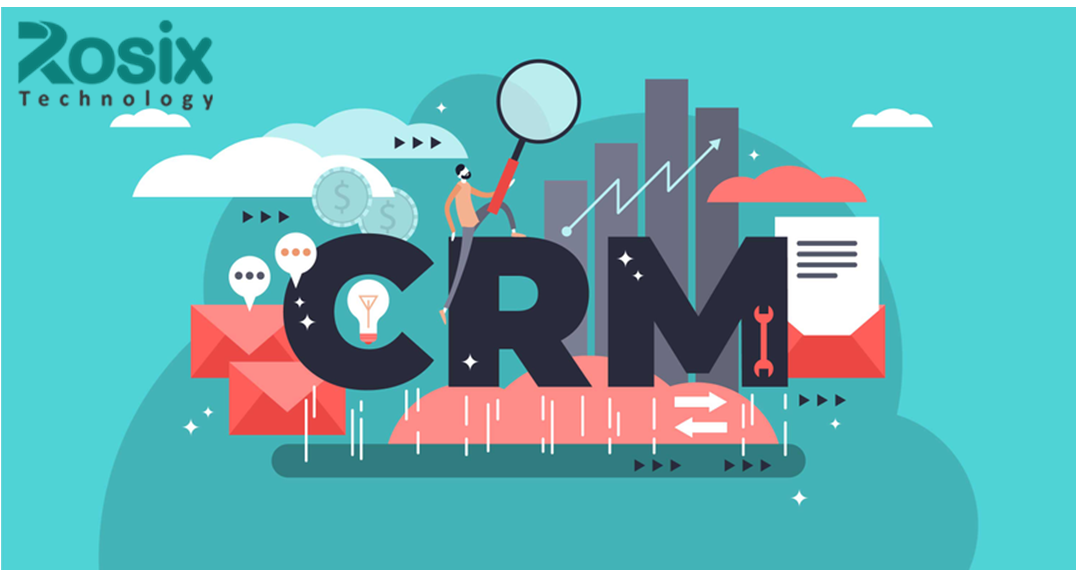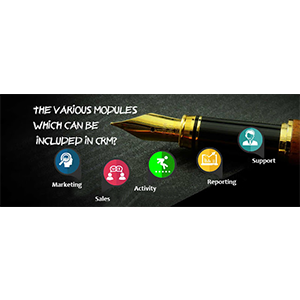
What are the benefits of CRM?
With a CRM system, a business ensures that it establishes long-term relationships with its customers by knowing every detail (their needs, wants, and behaviors) about them, at all times. A satisfied customer is more likely to return to your company for more purchases and to recommend your products or services to their friends and family.
Collaborate through integration
Integrating data from different functions of a business helps you maximize effectiveness through collaboration. For example, prospect contact details can be ‘pushed’ from lead capture forms on your website, into ‘hot lead’ action lists in your CRM – maximizing collaboration between marketing and sales.
Manage pipeline effectively
By being able to visualize your sales pipelines, you can see exactly which deal needs your immediate attention and which deal has gone stale. By periodic monitoring of deals that pass through your pipeline, you can identify areas of concern and eliminate them, ensuring a clog-free pipeline at all times. Additionally, your marketing and sales team is better connected, ensuring your sales pipeline is always filled with high-quality leads.
Automate for maximum productivity
Businesses often execute various processes every day that consist of a series of redundant tasks carried out by multiple users. A CRM system can help you automate those processes to save time and drive consistency. You can automate tasks such as scheduling follow-up activities, sending email campaigns, or assigning contacts to a new sales rep. This way, you can make sure all your team members are following the same process from start to finish, and you eliminate the need for repetitive manual work.
Engage to build lasting customer relationships
In the modern technological world, a customer expects a lot more from a company than just a reasonably-priced, high-quality product or service. They want to feel understood, and they want to have an engaging, personalized experience whenever they get in touch with the company or vice versa. A CRM captures and stores every customer’s journey from the start to the very end. By knowing their preferences, you can understand their needs, and by eventually giving them what they need, you get their loyalty in return.
Improve customer experience with shared information
For example, if a customer experiences a problem with your product, multiple teams can work together to solve the issue. While your technical support team is fixing the issue, the customer service team can communicate the solution to the customer and provide further assistance. At the same time, the marketing team can adapt their messaging.
Increase revenues
A CRM helps you improve levels of customer satisfaction, and retention – happy and long-term customers entail increased revenues. It also lets you save a lot of time by automating essential business tasks and promoting collaboration between different business functions. These time savings and productivity gains enable you to lower costs. Lastly, with a CRM system, you can create targeted marketing campaigns so that you can reach out to the right people at the right time and increase sales.
Recent Posts

11 Ways CRM can benefit your business.
03 Oct 2022




